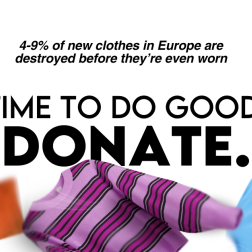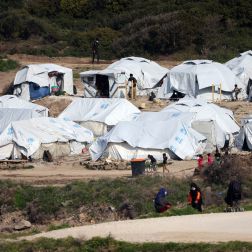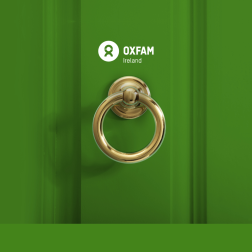- 3 mins read time
- Published: 5th May 2017
How pineapples are lifting a community out of poverty in Rwanda
Initiatives like the Tazamurance co-operative in Rwanda give female farmers financial independence and optimism for the future.
There was a time when women in Rwanda reaped few rewards from farming – even though they did most of the work. Over the years, however, your support has lifted some of these women out of poverty and given them the incentive to keep growing.
One Rwandan success story is the Tuzamurane Co-operative, which specialises in pineapple farming. Tuzamurane, which means ‘lift up one another’, was set up ten years ago to give female farmers horticultural skills and access to markets and savings schemes.
Valerie Mukangerero’s life has turned around since she joined the co-operative six years ago. Before that, she couldn’t afford to buy a pineapple. Now, though, Valerie (53, pictured below), is earning enough to support her family.
“I had five children plus my husband and me,” says Valerie. “We had limited resources; it was difficult getting enough food.”

Valerie Mukangerero walks to her pineapple farm in Rwamurema village in eastern Rwanda. Photo: Aurelie Marrier d'Unienville/Oxfam
All she could buy from the 1,000RWF (€1.15/£0.97) she used to make from selling her old crops (beans, cassava and sweet potatoes) was salt, and kerosene for her lamp. There was nothing left for her family.
“Then I would go back home feeling sad, regretful and saying, ‘I could have bought such and such’, but because of lack of resources, I did not buy it. I wanted to buy fabric, a skirt, shoes; the children at home also needed clothes.
“Then came Mutuelle (health insurance). It was difficult for me to pay for the health insurance. To get treated at the hospital, every child has to pay 3,000 RWF (€3.45/£2.92).”
Paying for healthcare meant Valerie was forced to cut her food bills: “There was a time when they [her family] were hungry. They did not have breakfast and I had to look hard to get lunch for them. I felt sad because when you see a hungry child in your eyes, how can you be happy?”
As soon as she joined the co-operative, however, Valerie realised that things would improve.
“At the first harvest, I earned a little money and I bought small pieces of land. Each time I got 10,000 RWF (€11.45/£9.71), I could buy a few metres and so on. All of my land is a result of the co-operative.”
“I have also built my house. I used to have a small house. After getting money, I added extra rooms and extended it,” says Valerie, who also bought a cow from her earnings.
These days, when Valerie wants to buy something, she does just that: “What makes me proud in life is when I buy clothes or food when my children need it and when I can afford school uniforms without worrying.”
But Valerie’s ambition doesn’t end there – she wants to buy even more land and keep her children in school. With your continued support, she says, life will get even better.

Theresie Nyirantozi, Valerie Mukangerero, Christine Bangiwiha, Josepha Ayinkamiye and Mukeshimana Leocadie from the Tuzamurane Co-operative. Photo: Aurelie Marrier d'Unienville/Oxfam
Thank you for helping initiatives like the Tuzamurane Co-operative which give female farmers like Valerie financial independence and optimism for the future.




